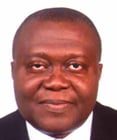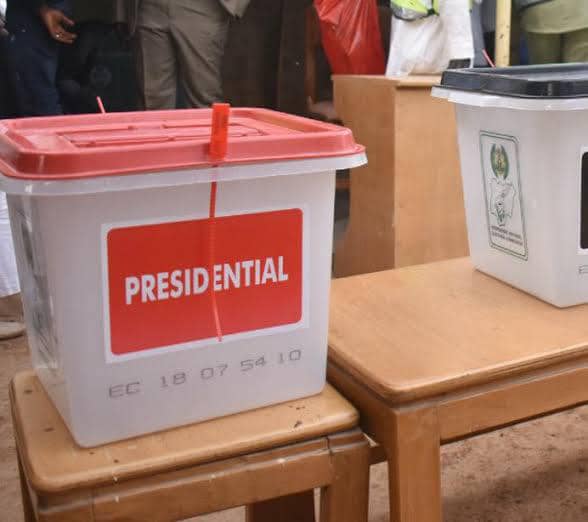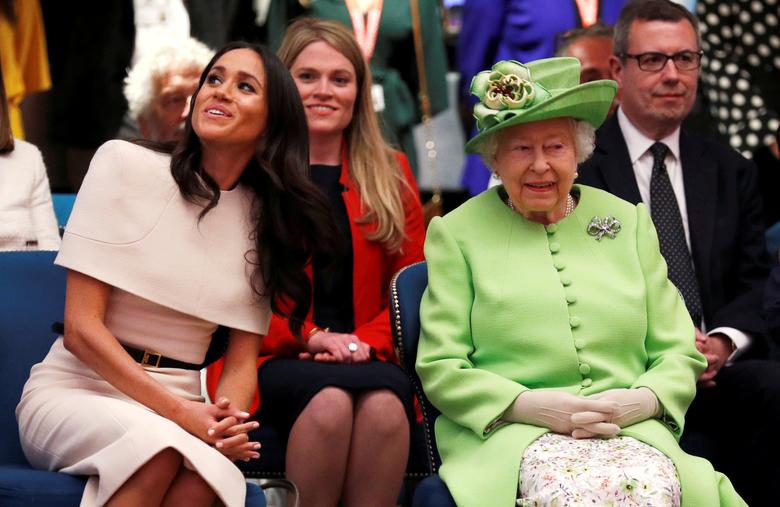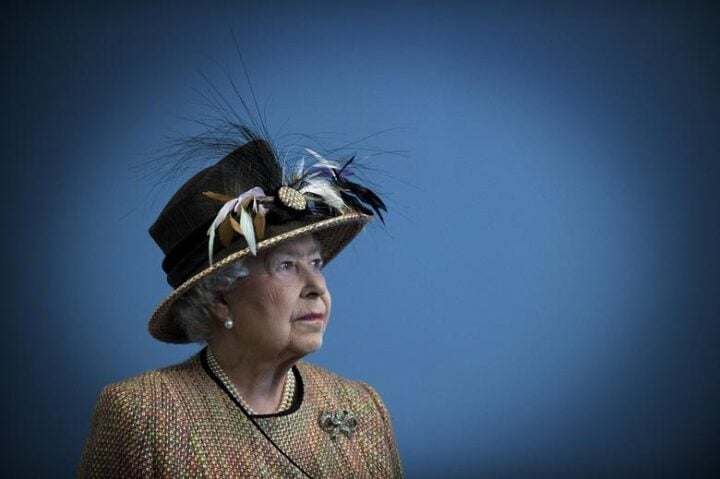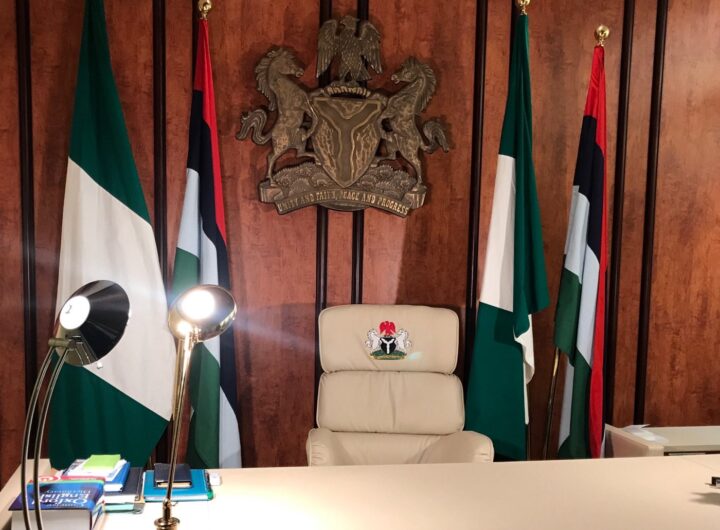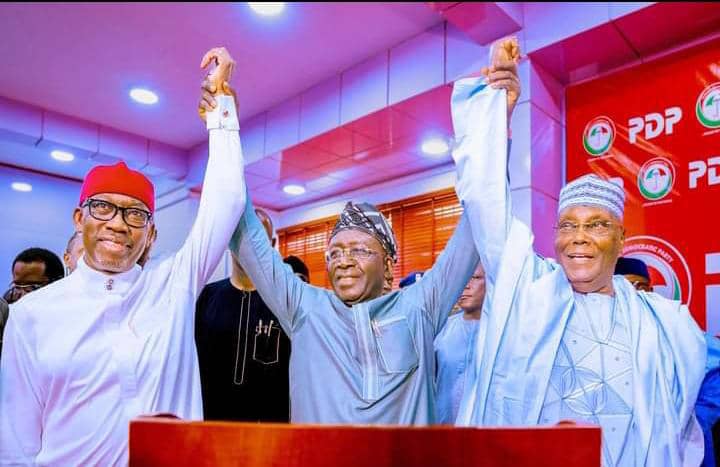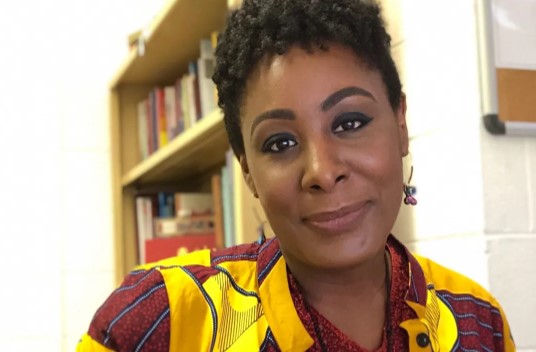Rotarians from around the world – including Rotary International president, Jennifer Jones, and her spouse, Nick Krayacich, a medical doctor and Rotarian – gathered in Abidjan, Cote d’Ivoire, recently for the 4th All Africa Zone 22 Rotary Institute which held from September 5 – 10 at Sofitel Hotel with the theme, ‘Imagining the future of Rotary in Africa’. There are over 45,000 Rotarians in Africa but the strategic goal is to grow membership to about 60,000 by 2025.
We departed Lagos with Air Cote d’Ivoire’s propeller aircraft and after about 90 minutes, we landed at Felix Houphouet-Boigny international airport in Abidjan, the country’s major urban centre and economic capital on the Atlantic coast.
Cote d’Ivoire gave us a warm welcome in the spirit of their traditional akwaba. What immediately strikes you at the airport is the welcoming ambience of the terminal; a clean and air-conditioned environment. The immigration personnel were polite although we struggled to communicate in French and English languages.
As we left the airport and cruised along the boulevard into the city, the green areas were unmistakable. It is evident the government is serious about “protecting the environment” which is one of the seven areas of focus in Rotary. The trees that line the roads in the city provide an enchanting picturesque view.
Advertisement
The electricity supply was steady and regular and at night, Abidjan glowed under bright street lights from pole to pole. Each time we were on the road, I strained my eyes searching for potholes but I did not find any. Although you will not find exotic architecture and modern buildings as we have them in most of our cities, I enjoined my stay nonetheless and learnt a bit of the French language.
But the price of petrol is high, compared to what we pay in Nigeria. It is the equivalent of N735 per litre while diesel sells for N615 per litre. The exchange rate of the CFA, the local currency, is roughly CFA670 to one US Dollar, which is not too different from our exchange rate back home. It is safe to say the CFA and Naira are on equal standing.
With a population of about 27 million, Cote d’Ivoire has an average annual GDP growth rate of 6% and depends heavily on the agricultural sector for most of its revenue. The West African country ranks among the world’s largest producers and exporters of coffee, cocoa beans and palm oil. From my experience, people take life easy, they are not in a hurry to accomplish any task.
Advertisement
On our return journey, we also flew Air Cote d’Ivoire; this time, in a Boeing aircraft, that arrived in Lagos late into the night. There were other flights by the national carrier departing Abidjan for other destinations including Abuja. By the way, the capital of Cote d’Ivoire is Yamoussoukro, 216 kilometres away from Abidjan.
Since the days of the defunct Nigeria Airways which boasted of an amazing fleet that enjoyed global acclaim, we have been struggling to get another national carrier up into the skies. It is only Air Peace that comes close as a substitute.
Even when British billionaire, Sir Richard Branson, floated Virgin Nigeria in 2004 as a joint venture between Nigerian investors and the Virgin Group, the idea was frustrated by undue interferences by politicians and government officials. He felt we are very unserious people and wrote about his experience in one of his books.
Before I am accused of de-marketing Nigeria, just pause and think of where Virgin Nigeria would have been by now as our national carrier. When we cut our nose to spite our face, that’s what we get: no result or poor outcomes.
Advertisement
Will Nigeria Air, the proposed national carrier which has gulped billions of naira, be able to take off and restore our national pride? Last year, there were discussions that potential technical partners for Nigeria Air included Qatar Airways, Turkish Airlines and Ethiopian Airlines. So what has happened to the project?
This is just one example of the monumental failures we have recorded over the years with different administrations in different sectors. Because the problems are many, we must learn to worry less to avoid depression and hospitalisation. What we must do is eat the rice and ignore the stones as a deliberate strategy to survive the difficult times and stay alive.
Everywhere we turn, the story is the same. “Life is tough” has become a constant refrain. From the scarce foreign exchange to the egregious theft of crude oil in broad daylight and the security challenges on a scale beyond belief, these issues explain why some of our best and brightest brains are leaving Nigeria in search of greener pastures – a phenomenon now popularly known as “Japa”.
To be clear, I’m not against those who are emigrating if they can afford it. After all, diaspora remittances average about $22 billion annually.
Advertisement
In spite of these problems, Nigeria remains the giant of Africa. I agree that there has been a comprehensive failure of leadership at all levels for as long as we can remember but we should console ourselves, even if we have to pretend that things are alright. Take interest in the numerous video skits on social media and have some fun – on empty stomachs. It isn’t funny. Yes, I know but what should we do? Get cracked up with hilarious jokes!
“Tough times,” according to Robert Schuller (1926-2015), an American Christian televangelist, motivational speaker and author, “never last but tough people do!” But in resolving the conundrum and pointing a way forward out of the gloom surrounding us, every Nigerian has a role to play. One way of doing this is through citizen engagement and advocacy.
Advertisement
Be a volunteer and do something. Learn to do the right things always and it starts with basic things like obeying traffic lights or switching off your mobile phone in the aircraft when you are asked to do so before take-off. We must learn to take responsibility for our actions and accept the consequences that come with those actions.
Building the right values is critical for national development; this is a responsibility of everyone, especially parents, religious leaders and teachers.
Advertisement
For those who think Nigeria will be overwhelmed by these challenges, it is not going to happen.
There is no country in the world without its own challenges but when we wrap our heads around religion, region and tribe, we cannot think straight although we pretend all is well. It is difficult to make any meaningful progress when we play the ethnic card in national politics but the good news is that Nigeria will rise again.
Advertisement
I’m confident because Nigerians are doing great things around the world. With Nigerians such as Akinwunmi Adesina who is the president of the African Development Bank (AfDB); Ngozi Okonjo-Iweala as director general of the World Trade Organisation (WTO) and Amina Jane Mohammed as deputy secretary general of the United Nations since 2017, there’s hope for Nigeria and I’m proud to be a Nigerian.
We cannot give up on Nigeria, it is the only country we have. You would have noticed that the power supply has improved in most parts of Nigeria. That is a sign of good things to come; we must change the way we think and behave for Nigeria to work for us.
There is a new awareness for social services to improve generally. Isn’t that a good feeling? How on earth do we think Nigeria will go down and under? I repeat, it is not going to happen. More and more Nigerians from all walks of life are speaking up for a better Nigeria and I’m happy about it.
Each time I tell my children that there was a time the naira was stronger than the US dollar, they don’t believe me but it is true. With 80 kobo, you could buy one US dollar when Nigeria was swimming in petro-dollars. The International Monetary Fund (IMF) once borrowed money from Nigeria and I’m not making up this story.
So, what happened to us? Our sad story is a classic case of mismanagement of our resources. For example, Nigeria could have achieved in 15 years what Dubai achieved in 30 years in terms of infrastructural development and destination marketing. Dubai is a city that grew out of a desert under our watchful eyes. The irony is that Nigerians spend our scarce foreign exchange in Dubai at the drop of a hat.
It is not too late to reset our development agenda that will create wealth and prosperity for the greatest black nation in the world. This should be the number one priority of the next administration because Nigeria can make huge successes in exporting global food brands in addition to revenue from tourism.
Braimah is a public relations strategist and publisher/editor-in-chief of Naija Times (https://ntm.ng)
Views expressed by contributors are strictly personal and not of TheCable.
Add a comment
